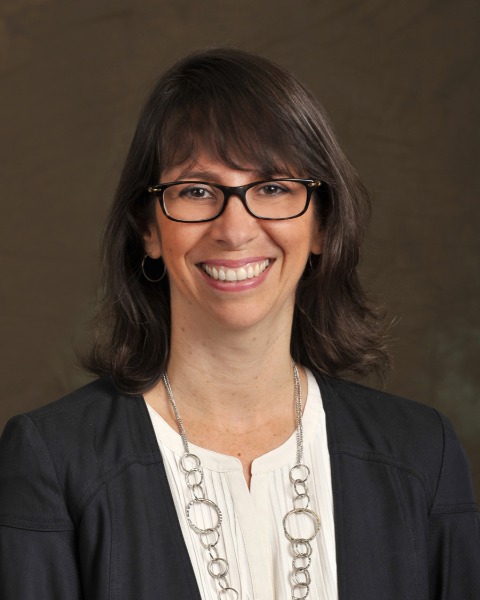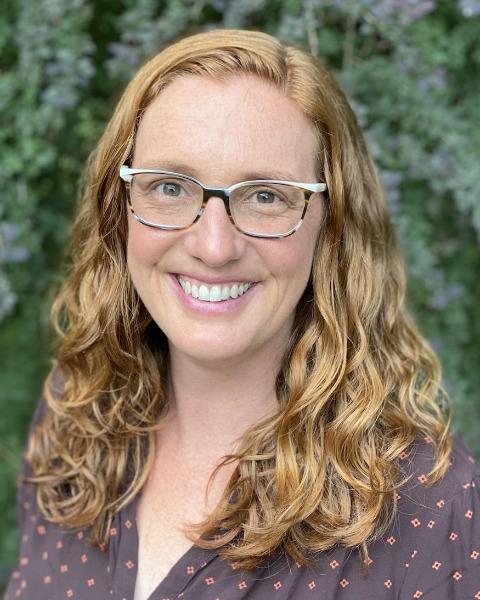Behavioral and Social Sciences
Building Bridges Across the Generations: Research on Diverse Approaches for Intergenerational Connections
-

Amy Eisenstein, PhD, FGSA (she/her/hers)
Senior Program Officer and Director of Research and Evaluation
NA
RRF Foundation for Aging
Chicago, Illinois, United States -
EG
Ernest Gonzales, PhD (he/him/his)
James Weldon Johnson Professor Professor, Director to the Center for Health and Aging Innovation at NYU Silver School of Social Work
Silver School of Social Work
New York University / The Center for Health and Aging Innovation
New York City, New York, United States -
PS
Peter Sun, M.S.W.
PhD Candidate
Brown School
Washington University in St. Louis
St. Louis, Missouri, United States -

Jill Juris, PhD (she/her/hers)
Assistant Professor
Recreation Management and Physical Education
Appalachian State University
Boone, North Carolina, United States -
XF
Xiaoyu Fu (she/her/hers)
Ph.D. student
Human Development and Family Science
Syracuse University
Syracuse, New York, United States
Chair(s)
Discussant(s)
Individual Symposium Abstract First Author(s)
Intergenerational bonds are a unique and critically important set of social connections that have powerful impacts on families and communities, as well as the older and younger people themselves. America is increasingly age-segregated, so that naturally occurring, cross-generational contacts are not as common as they have been in previous eras. Research from the FrameWorks Institute and others suggest that ageist language can further divide the generations, create a sense of “othering,” and contribute to the isolation and minimization of older adults. Conversely, studies also show that meaningful intergenerational programming, which brings to light the strengths of both generations, may reduce social isolation and loneliness and enhance the physical and mental well-being of older adults.
This symposium will bring together three research projects each exploring diverse approaches to intergenerational connections. The first paper will present lessons learned from a study of digital communication between grandparents and grandchildren during the COVID-19 pandemic, and the implications this shift in communications has on the psychological well-being of older grandparents. The second paper will present findings regarding the physical and psychosocial outcomes experienced by older adults who provide intergenerational tutoring in elementary school settings. The final session will highlight the process of integrating implementation science frameworks into a multistage study design aimed to assess the implementation of an intergenerational technology program within higher education. The session will wrap-up with a discussion on how these projects fit within the broader scope of intergenerational programs, and will highlight gaps and further opportunities for research in this field.
Learning Objectives:
- Recognize the diversity of approaches to intergenerational connections
- Define the broad array of benefits intergenerational programs have potential for, including reducing social isolation and loneliness.
- Summarize the necessary considerations when designing research on intergenerational programs.
Presentations:
-
8:00 AM - 9:30 AM ETHealth and Well-Being Outcomes of the Oasis Intergenerational Tutoring Program
Individual Symposium Abstract First Author: Peter C. Sun, M.S.W. – Washington University in St. Louis
-
8:00 AM - 9:30 AM ETImplementation Frameworks in Action: A Qualitative Study of Intergenerational Technology in Higher Education
Individual Symposium Abstract First Author: Jill Juris, PhD (she/her/hers) – Appalachian State University
-
8:00 AM - 9:30 AM ETDigital Communication as Compensation for Infrequent In-Person Contact With Grandchildren During the Pandemic
Individual Symposium Abstract First Author: Xiaoyu Fu (she/her/hers) – Syracuse University
